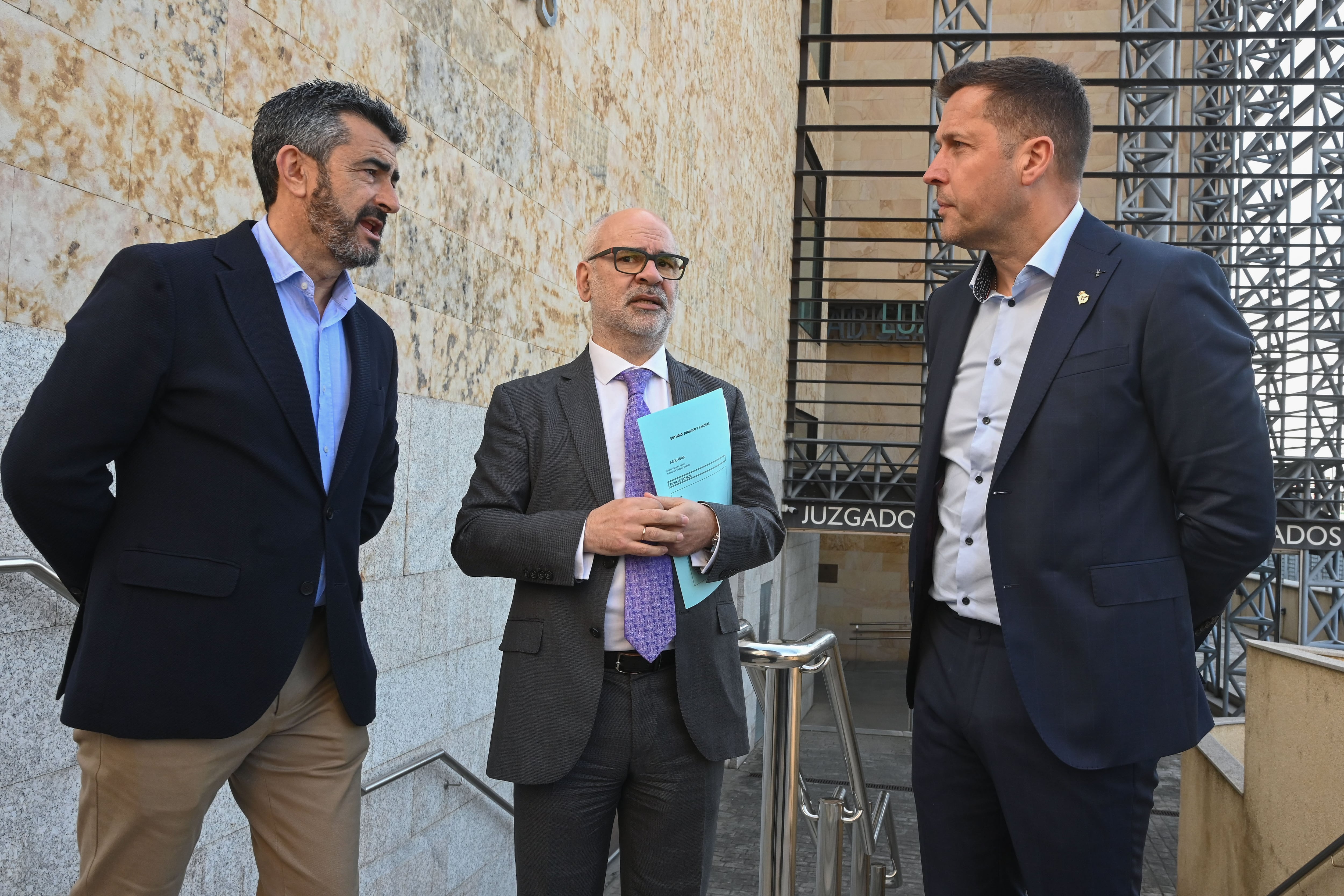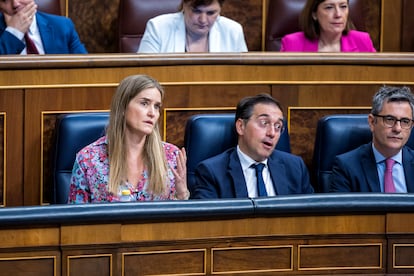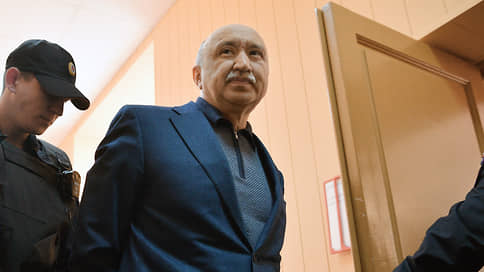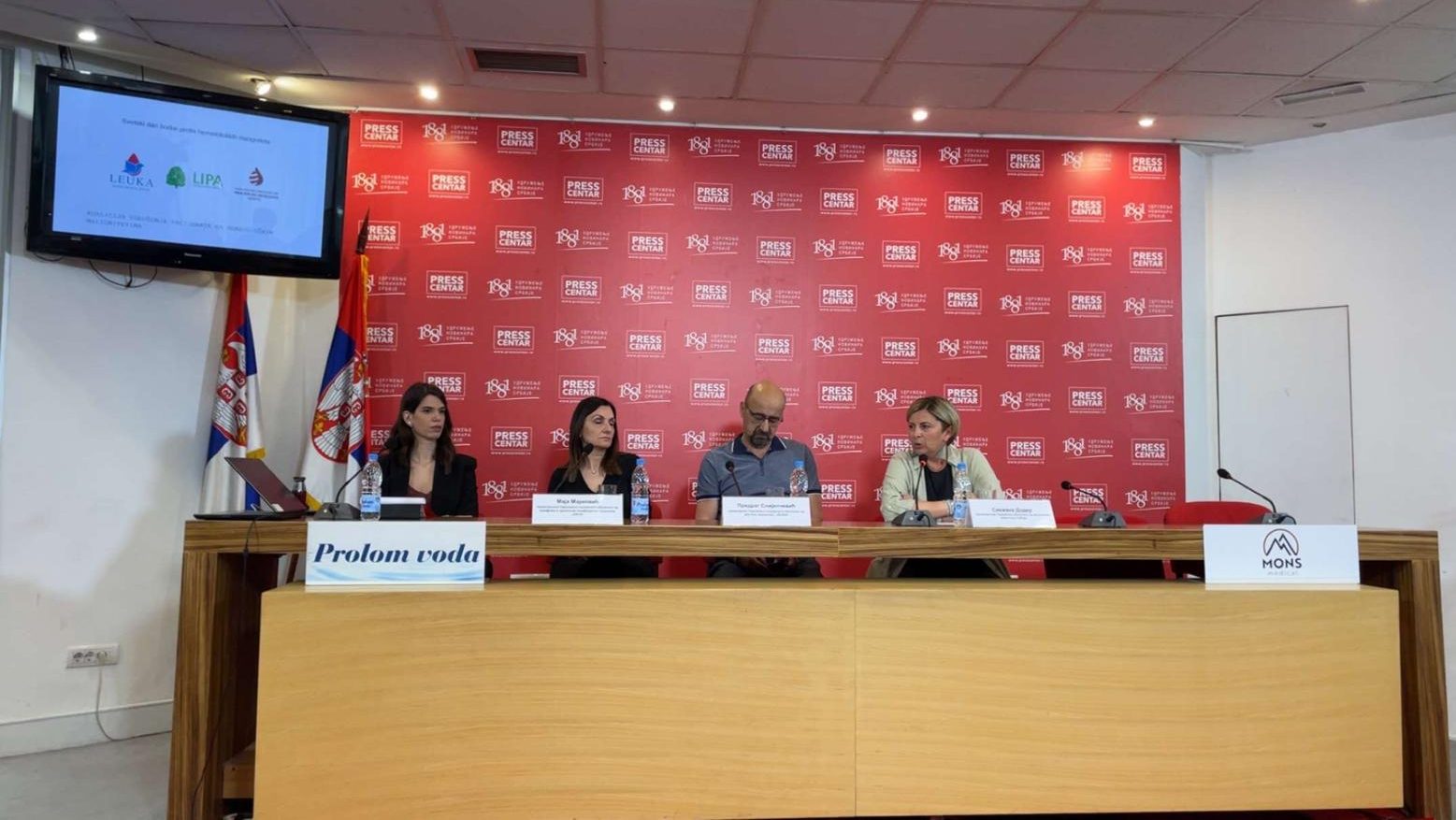The Supreme Court forces to regulate early retirement for 29,000 police officers | Spain
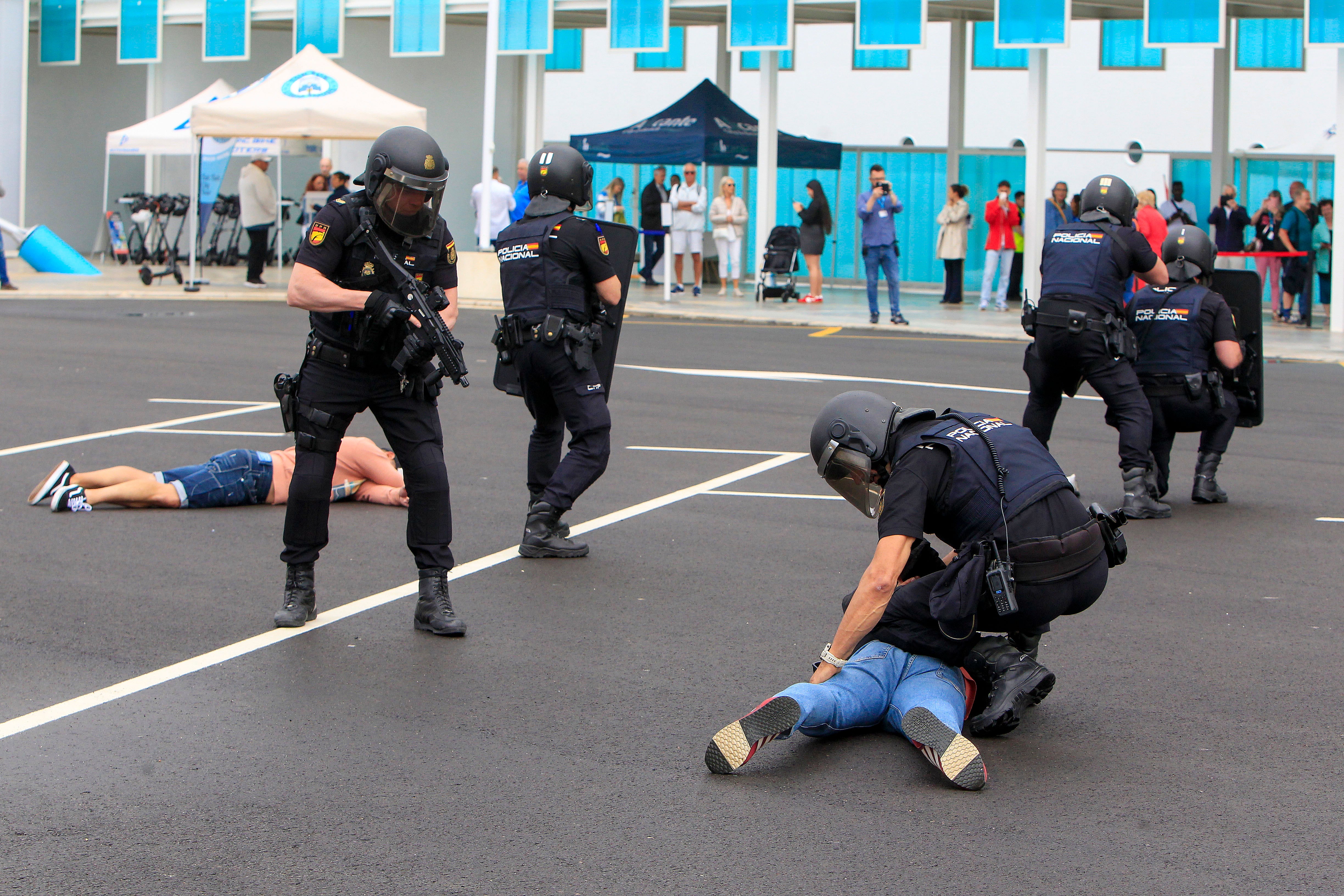
The Supreme Court has issued a sentence for which it obliges the Government to prepare a legal mechanism so that thousands of national police officers can benefit from early retirement as the members of other bodies such as the Mossos d’Esquadra, the Ertzaintza or the local police do. The ruling, issued on January 21, although it has been known this Tuesday, concludes that the current situation, in which the national police do not have recognized this right, causes “inequality” with respect to the other police bodies contrary to the Constitution for what it requires the Ministry of Interior to initiate the procedure to correct it through a royal decree.
However, the measure will affect only part of the 77,000 national police. Specifically, those who entered after January 1, 2011, about 29,000 according to estimates of Police Justice (Jupol)the union who denounced the situation in court. Nor will civil guards affect for now, which cannot be host of early retirement. The sentence is known on the same day as The Government has approved in the Council of Ministers a royal decree To regulate the procedure that anticipates retirement in the most painful professions – as it happens With miners and sea workers – to benefit others that do not specify.
The sentence, issued by the Contentious-Administrative Chamber of the Supreme Court, occurs after Jupol (the majority organization among the agents of the National Police) presented an appeal after the Minister of Minister did not respond to the application to apply the reducing coefficients of the retirement age to these thousands of police. The union resorted to this administrative silence and in its brief claimed that the National Police was the only armed institute of civil nature that, in Spain, had not recognized that right, since the regional and local bodies did have it.
For its part, the Administration defended that the agents were applied another figure that did not exist in the other police officers, the so -called second activity, « a kind of prejubstilation that allows members of the National Police to voluntarily decline in the active situation from a certain age. » Therefore, he considered that the current situation « at all » violated « the principle of equality and non -discrimination of article 14 of the Constitution. »
Now, the seven magistrates of the Contentious-Administrative Chamber of the Supreme Court reject the argument of the administration and give the reason to the union at the conclusion that the second activity of the national police is a “special administrative situation” that is not comparable to early retirement. Among other reasons, because access to the first is produced at an age ― enters 62 and 58 years, depending on the scale to which the agent – “superior” belongs in most cases “at the standard age of retirement early by reducing coefficients, which is placed on the 60 years”.
Therefore, the Supreme concludes that, since there is a “homogeneity of the functions” between the national police and the agents of the Mossos and the Ertzaintza, that the former cannot be accepted to the early retirement to which if they are entitled, the second does not have “an objective and reasonable justification” and flows into an “inequality of treatment by the state administration (…). Regulated the advance of the retirement age in the regional and local police, it is not justified that any regulation in the state police forces have omitted, ”they emphasize. Therefore, considering that there is « no objective and reasonable reason that can justify this discriminatory treatment », the Supreme orders the government to repair the situation.
In a statement made public after the sentence, the general secretary of the Jupol Union, Aarón Rivero, has described the “historical victory” ruling for the agents who accessed the National Police from 2011 and hopes that soon the possibility of accepting the early retirement will extend both to those who did so before that date and the civil guards. Rivero adds that the sentence is « forceful » and shows that the government had created « a situation contrary to the legal system, and now the administration cannot continue to look the other way. »

